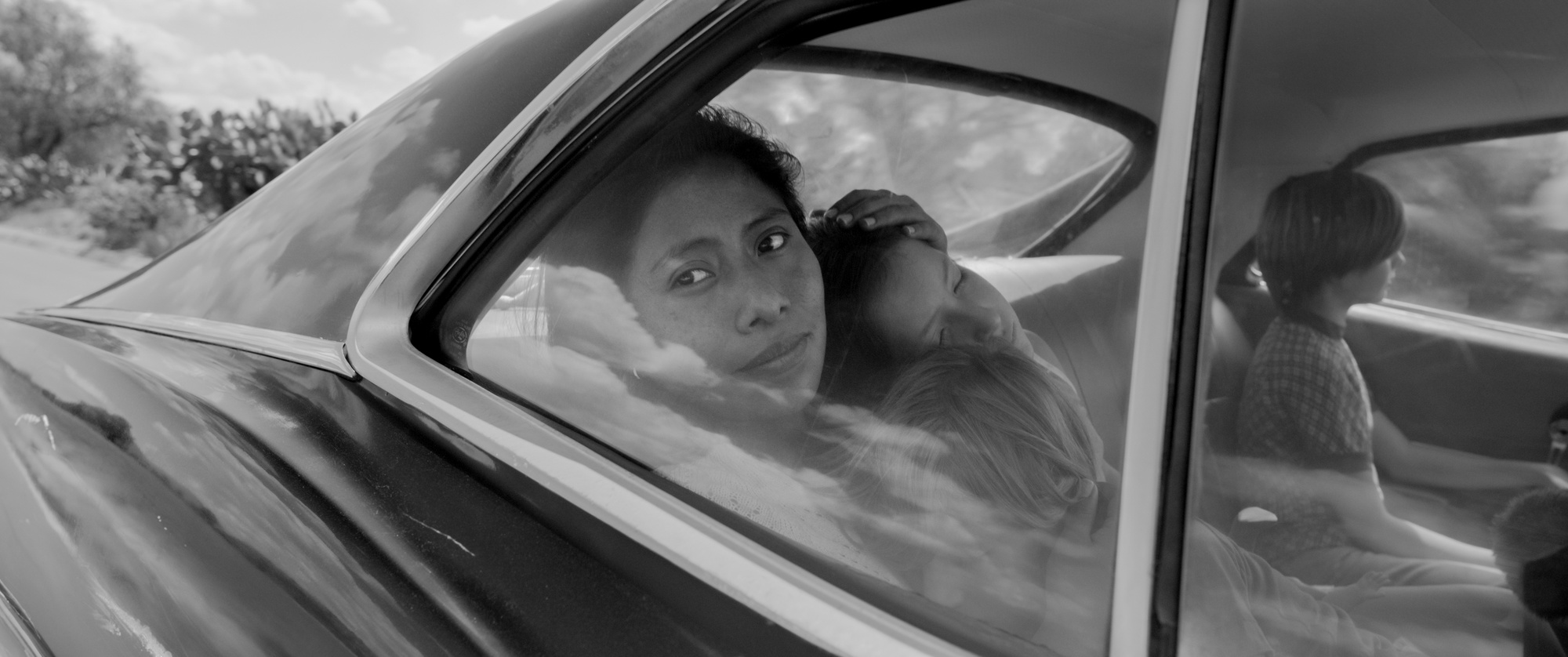-
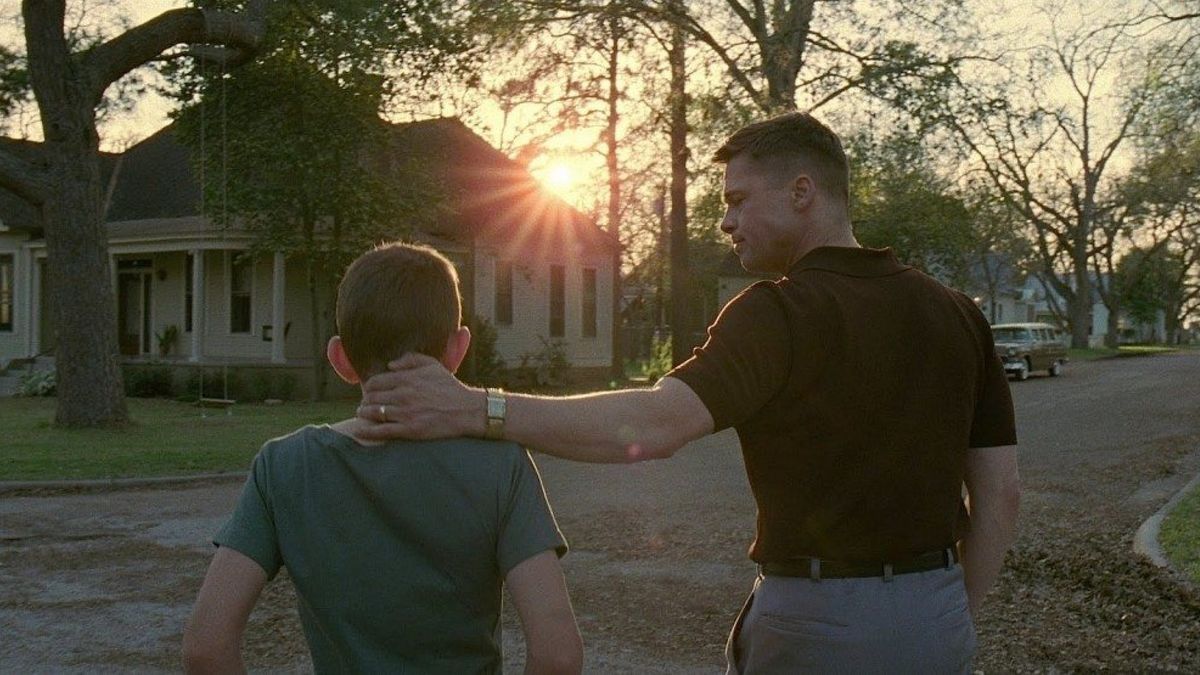
The Best Films of the 2010s Decade
The greatest films of the 2010s, from the heights of New Mexican cinema to the proliferation of comic book movies.
-
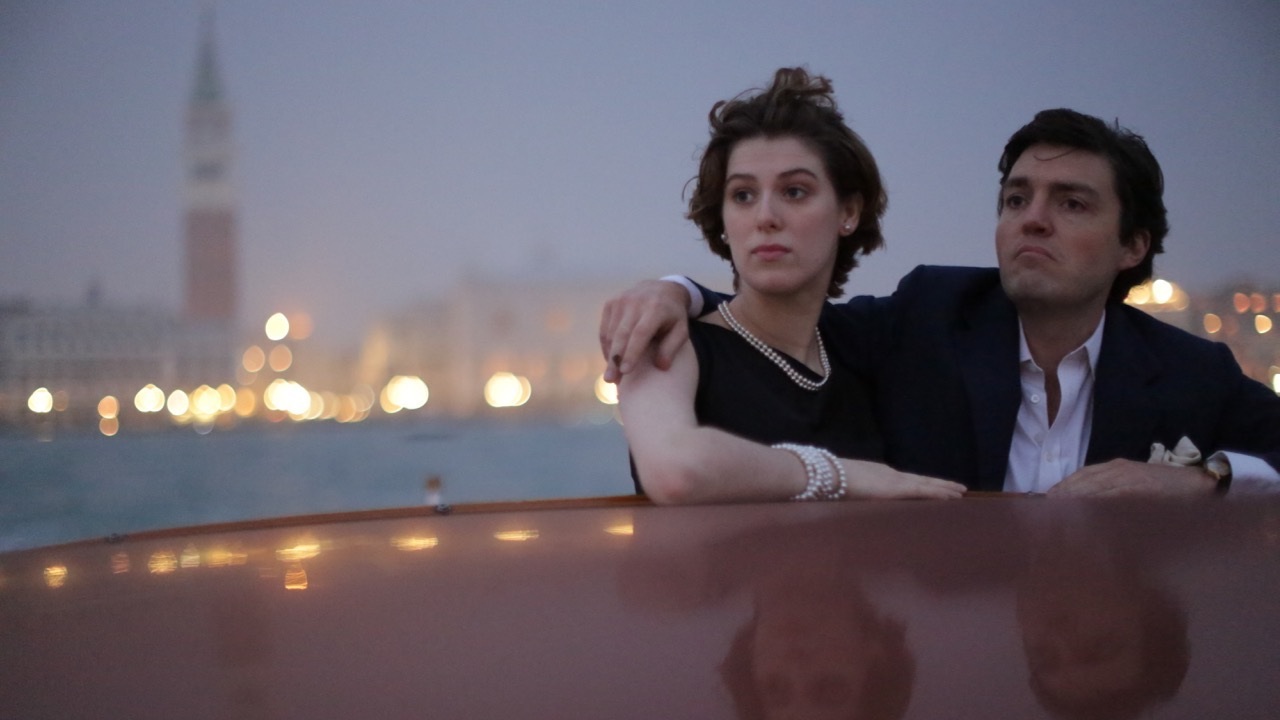
The Souvenir (2019)
There is a quiet frustration in seeing haughty intellectual Anthony emotionally manipulate ambitious film student Julie in The Souvenir, and although it is clear which one Joanna Hogg holds more affection towards, her autobiographical self-reflection on toxic young love takes a touchingly nuanced understanding of the matter in its gentle pacing and affecting character work.
-
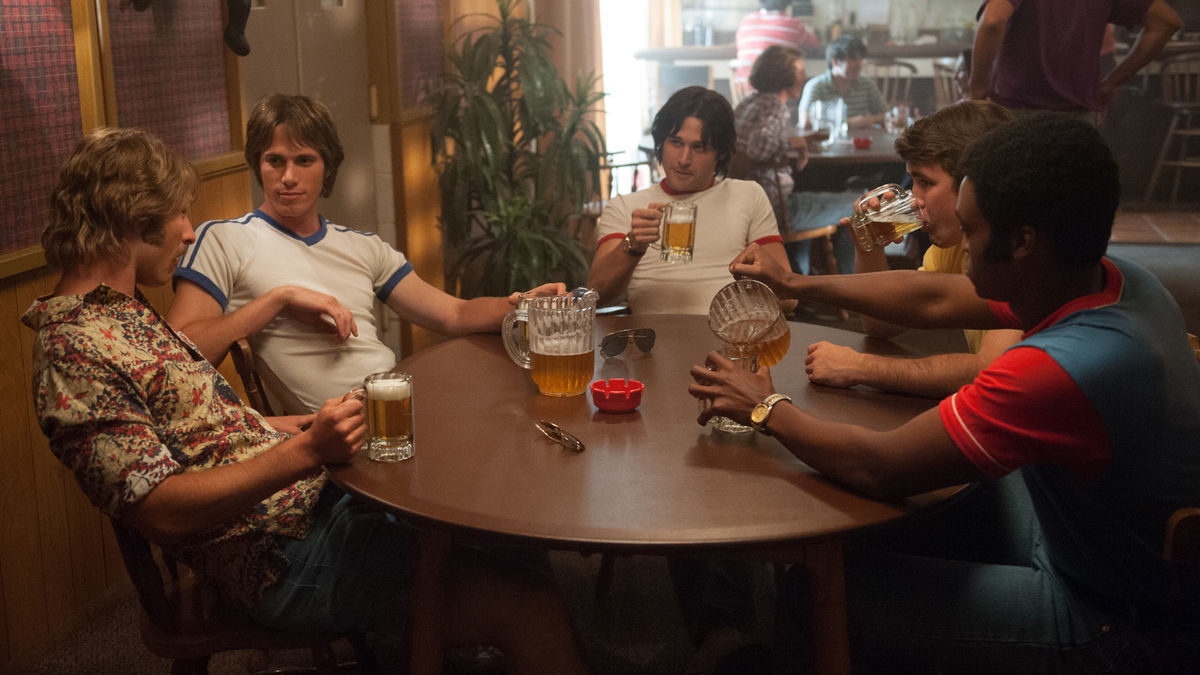
Everybody Wants Some!! (2016)
The three days we spend within freshman Jake’s microcosmic college bubble seems to stretch out in eternal bliss, a period which Richard Linklater delights in with richly defined characters lightly treading the line between hedonism and intellectualism, evolving Everybody Wants Some!! into an unhurried study of Generation X masculinity in all its youthful idealism.
-
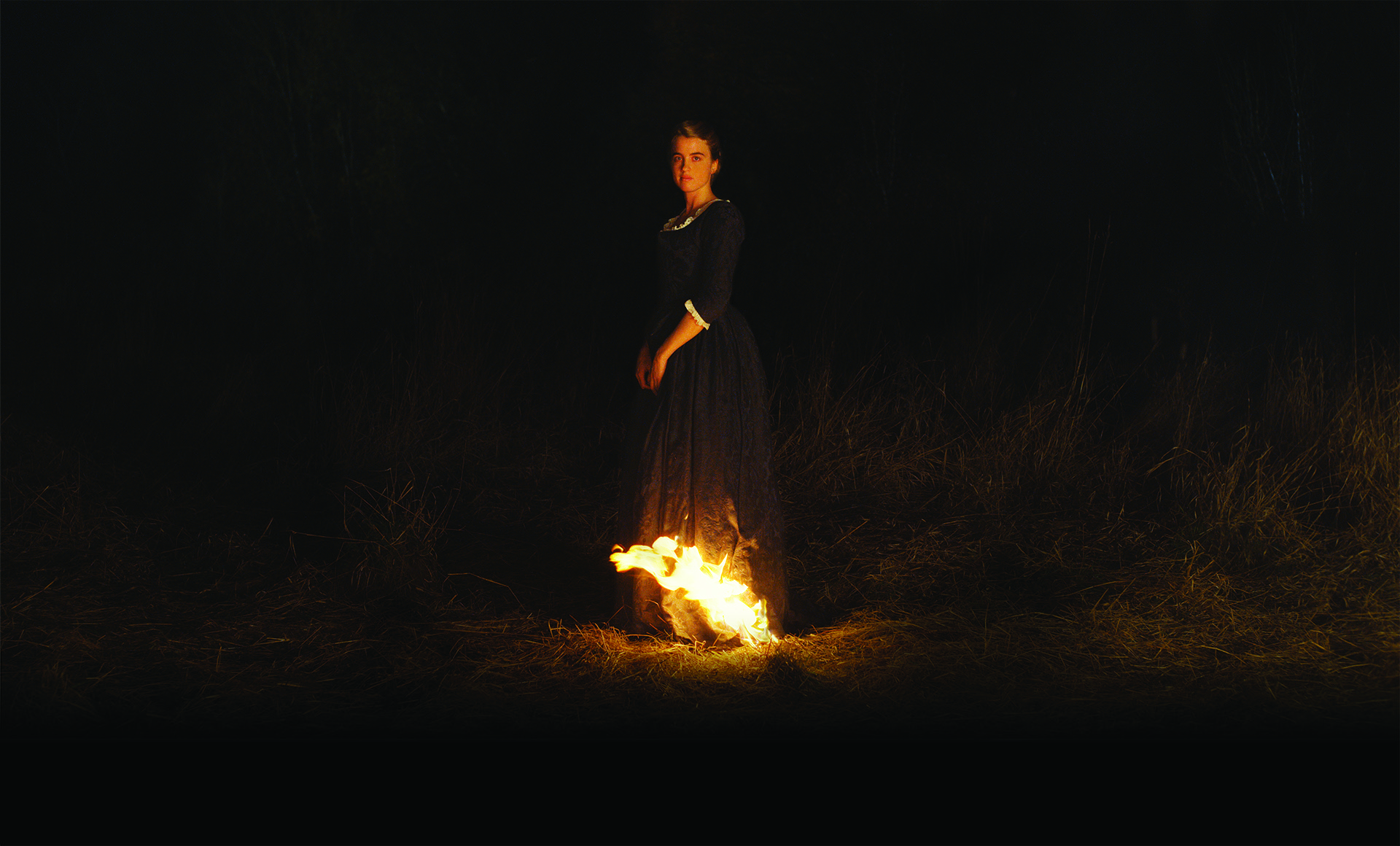
Portrait of a Lady on Fire (2019)
The painter’s perspective that Céline Sciamma offers us in Portrait of a Lady on Fire uses its delicate renderings of seaside cliffs and eighteenth-century French manors as the setting for a gorgeous romance between an artist and her reluctant subject, powerfully intertwining their passions with classical archetypes vividly rooted in ancient Greek mythology.
-
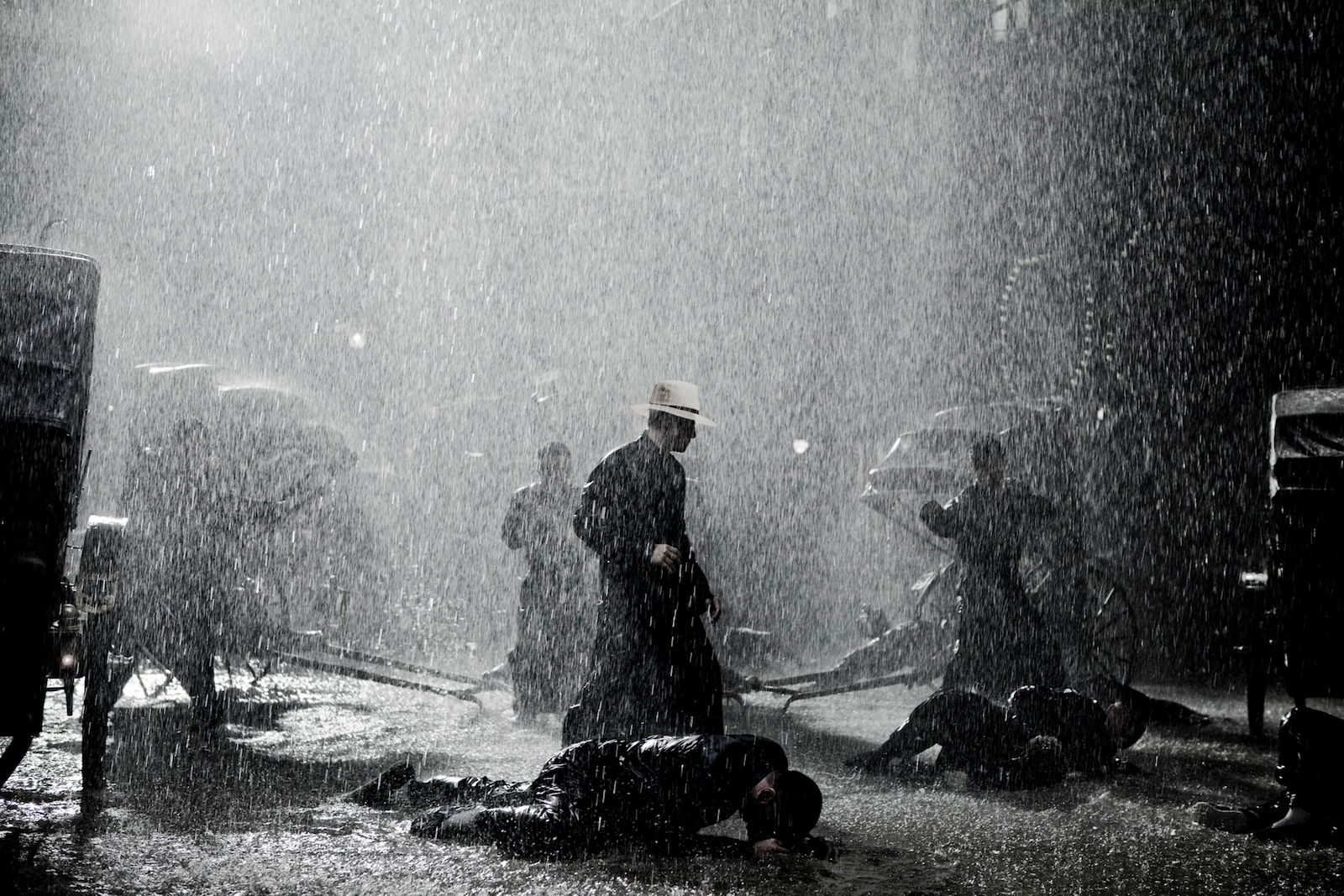
The Grandmaster (2013)
Wong Kar-wai has rarely indulged so much in the fierceness of action cinema as he does here in the story of legendary martial artist Ip Man, and yet the delicate attention to detail in his slow-motion cinematography and elegant choreography also ties The Grandmaster to the lyrical style that he has spent decades honing with…
-
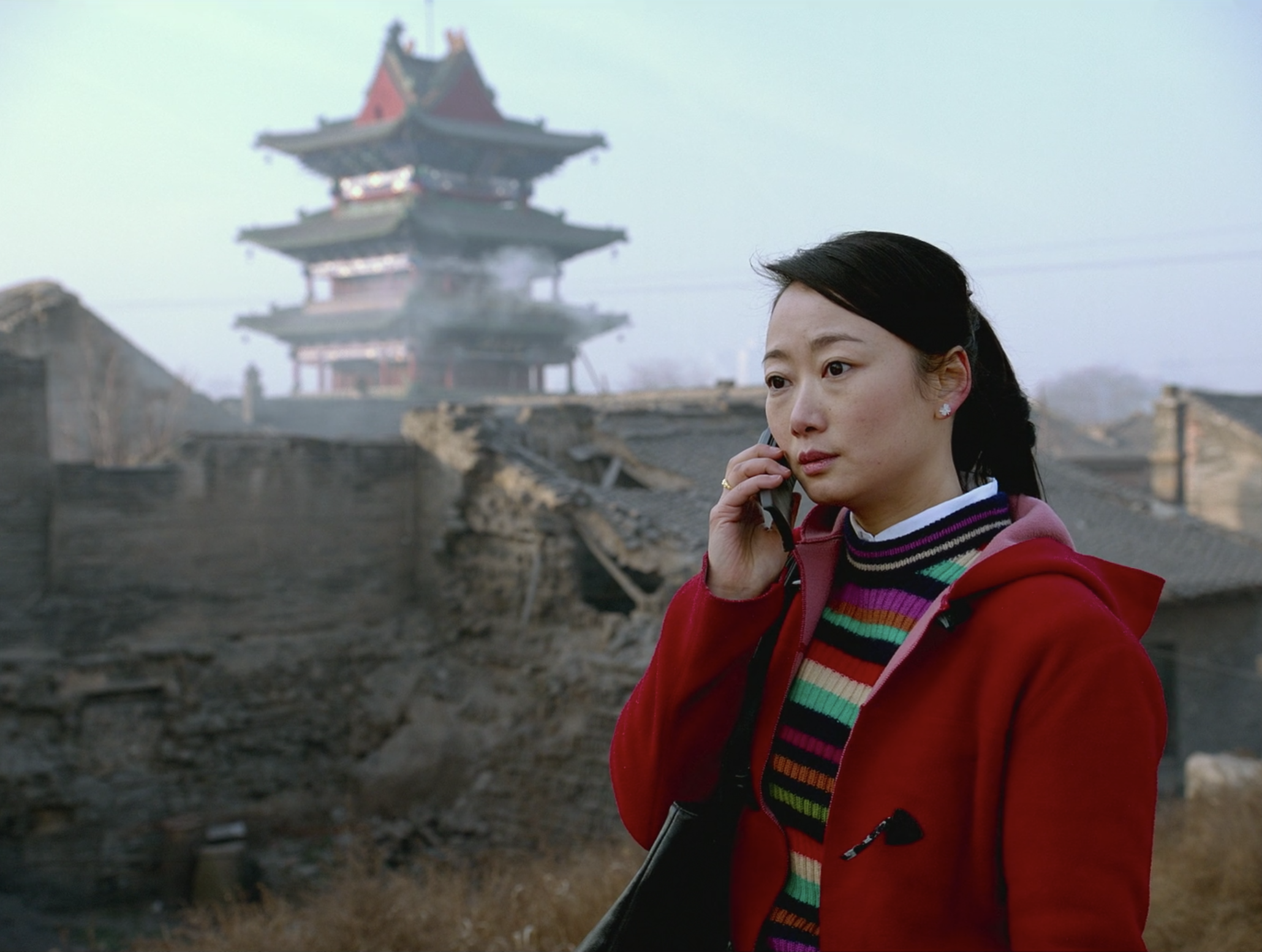
Mountains May Depart (2015)
Mountains May Depart marks Jia Zhangke’s most significant withdrawal from his distinctive, neorealist style, and although the film is a little weaker for it, he still finds a deep poignancy in the widening generation gap separating China’s past from its future.
-
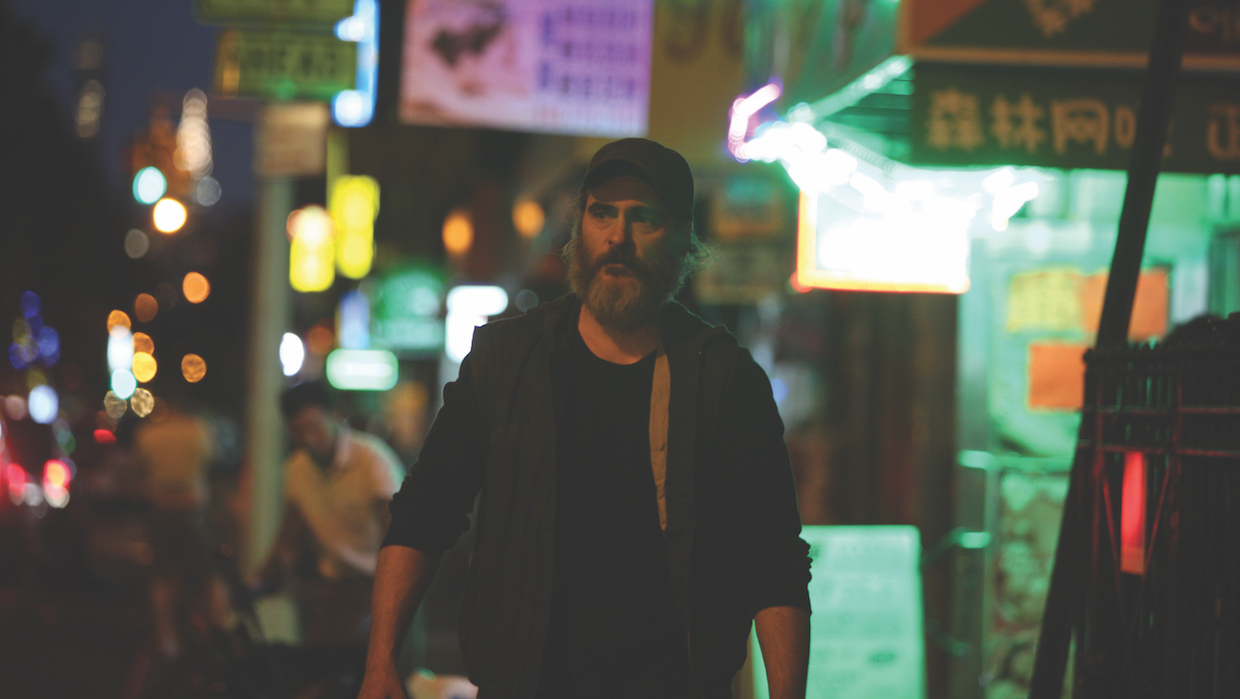
You Were Never Really Here (2017)
Lynne Ramsay is far more interested in creating an impressionistic sense of a lonely, disorientated mind out of hypnotic montages than she is in plot in You Were Never Really Here, building ambient rhythms that draw us into the fragmented nightmares of a violent man tasked with rescuing young girls from traffickers.

